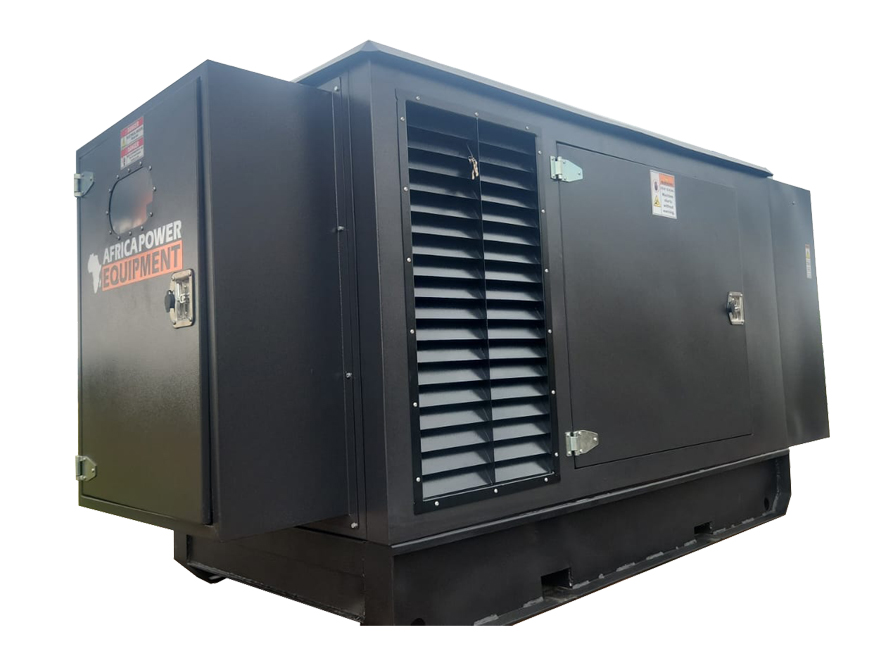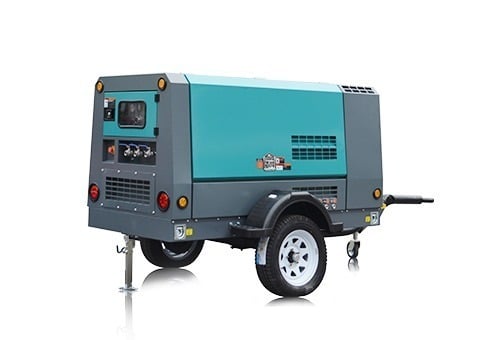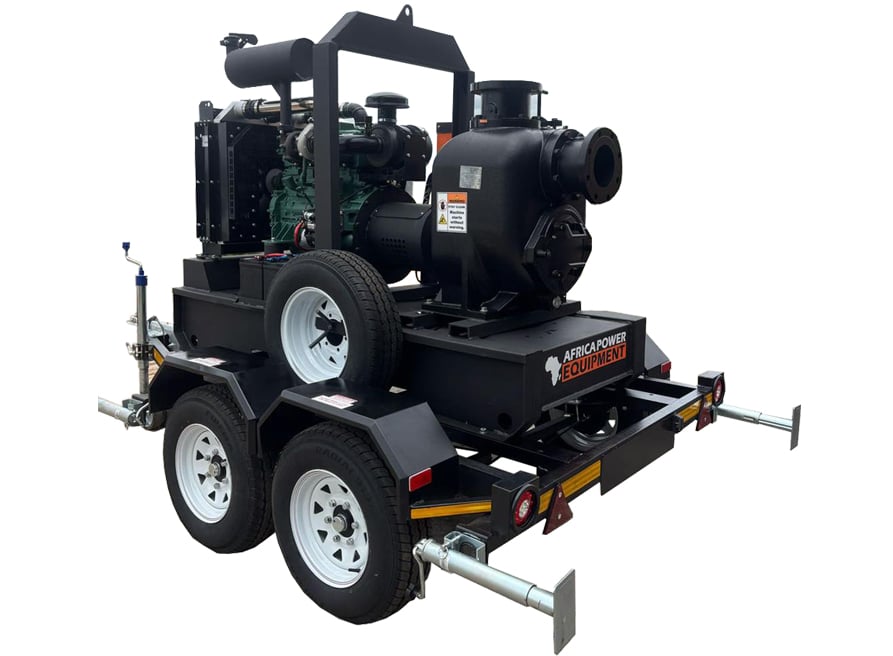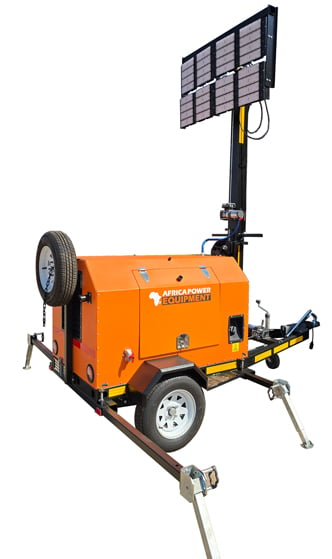Solar Panel Cleaning and Maintenance Guide: Tips for Peak Performance
Solar panels are designed to be low maintenance, but regular cleaning and care can significantly improve their efficiency and lifespan. Dust, bird droppings, and debris can block sunlight and reduce the amount of electricity your system produces.
This guide walks you through how to clean your solar panels safely, how often to do it, and key maintenance tips for optimal performance.
☀️ Why Clean Solar Panels?
Over time, panels accumulate:
-
Dust and dirt (especially in dry or windy areas)
-
Pollen and leaves
-
Bird droppings
-
Air pollution residue
These reduce sunlight absorption and can cut efficiency by 10–25% if left uncleaned. Regular cleaning helps maintain output and system ROI.
🧼 How to Clean Solar Panels (Step-by-Step)
1. Choose the Right Time
Clean early in the morning or late in the evening when panels are cool to avoid cracking due to sudden temperature changes.
2. Use the Right Tools
-
Soft sponge or brush with an extendable pole
-
Hose with low-pressure water
-
Bucket of lukewarm water + mild dish soap
3. Cleaning Process
-
Rinse panels to loosen dirt
-
Gently scrub with soapy water
-
Rinse thoroughly with clean water
-
Let air dry (don’t wipe with abrasive cloths)
⚠️ Never use pressure washers, abrasive sponges, or harsh chemicals—they can damage the anti-reflective coating.
🧍♂️ Safety First: Should You DIY or Hire a Pro?
If your panels are on a pitched roof or hard-to-reach area, it’s safer to hire a professional solar cleaning service.
For ground-mounted or easily accessible roof installations, DIY is fine if done carefully.
📅 How Often Should You Clean Solar Panels?
| Location | Cleaning Frequency |
|---|---|
| Urban areas | Every 6–12 months |
| Rural/farm areas | Every 3–6 months |
| Near sea or industry | Quarterly |
| During dry seasons | More frequently |
Use your inverter or monitoring system to check if output drops—this can signal it’s time to clean.
🛠 Routine Maintenance Checklist
In addition to cleaning, inspect your system for:
✅ Visual Panel Inspection
-
Cracks, hotspots, or discoloration
-
Debris or shading from new tree growth
⚡ Inverter & Electrical
-
Error messages or alerts on the inverter
-
Consistent daily output levels
-
Clean inverter vents for proper cooling
🔩 Mounting & Hardware
-
Tight bolts and brackets
-
Signs of corrosion on mounts or frames
🧰 Tools You May Need
-
Non-abrasive squeegee or sponge
-
Soft-bristle telescopic brush
-
Garden hose
-
Eco-friendly soap
-
Ladder with safety harness (if necessary)
🌧 Do I Need to Clean Solar Panels If It Rains?
Rain does help, but it won’t remove sticky debris like bird droppings or oily grime. Rain can also leave mineral spots, so a light clean post-rain may still be needed.
🔌 Do Solar Panels Shut Down During Cleaning?
If cleaning while the panels are connected:
-
Avoid using too much water on electrical parts
-
Clean early or late to avoid live high voltage from midday sun
-
Turn off the inverter if required by your system manual
⚠️ Always follow the manufacturer’s safety instructions.
📉 What Happens If You Don’t Maintain Panels?
Neglected panels can suffer:
-
Permanent efficiency loss
-
Damage from corrosion or hot spots
-
Voided warranties if regular maintenance isn’t documented
✅ Solar Maintenance Tips
-
Clean every 6 months or as needed
-
Keep trees trimmed to avoid shading
-
Schedule an annual professional inspection
-
Monitor performance via your solar app or inverter screen
🏡 Who Should Do the Maintenance?
You can do basic cleaning and visual checks. But it’s smart to:
-
Schedule a professional system inspection yearly
-
Let certified installers handle electrical components
🔗 Related Articles
🏁 Final Thoughts
Clean, well-maintained solar panels are more efficient, reliable, and long-lasting. With a basic cleaning schedule and routine inspections, you’ll get the most out of your investment—saving money and reducing reliance on the grid.
Need help with solar panel cleaning, maintenance, or inspection? PowerEquipment.co.za offers services and products to help you maintain maximum solar efficiency year-round.





